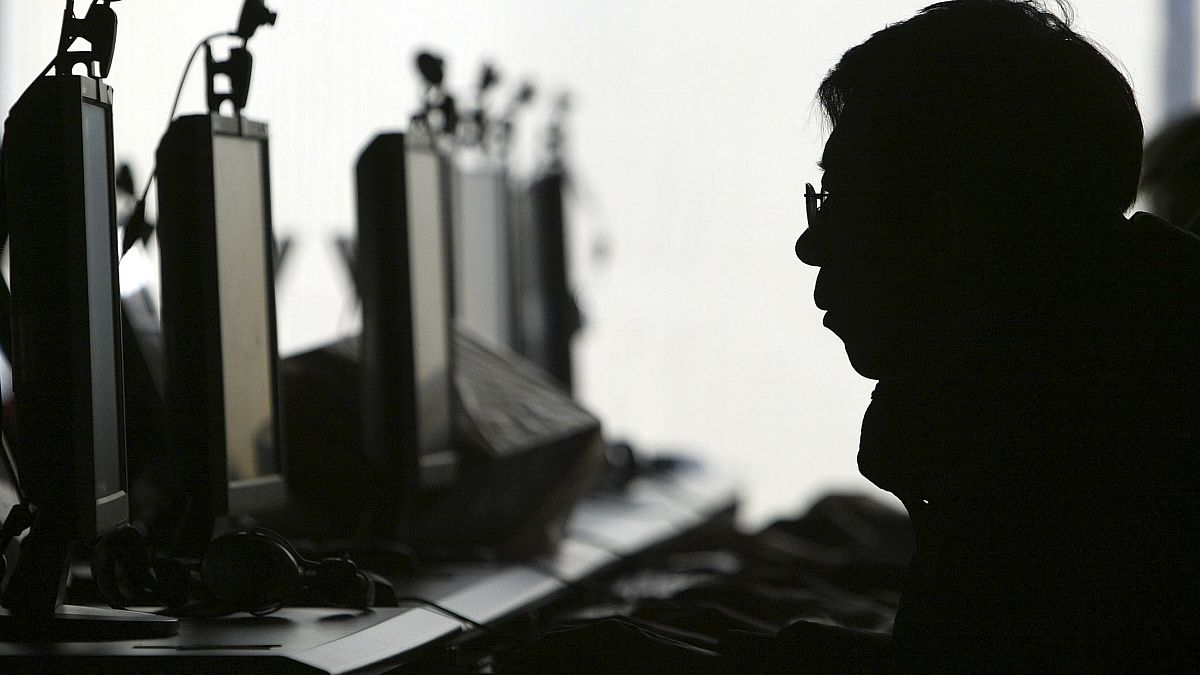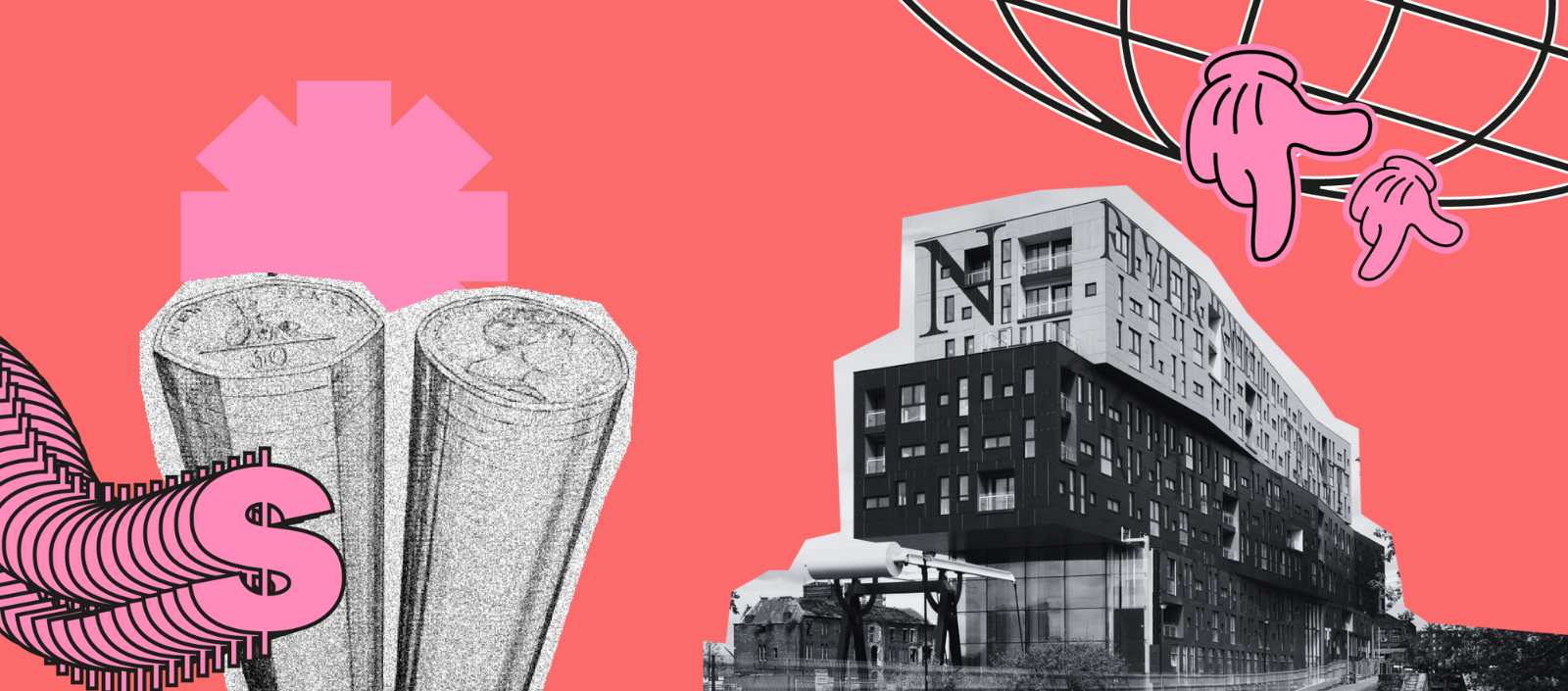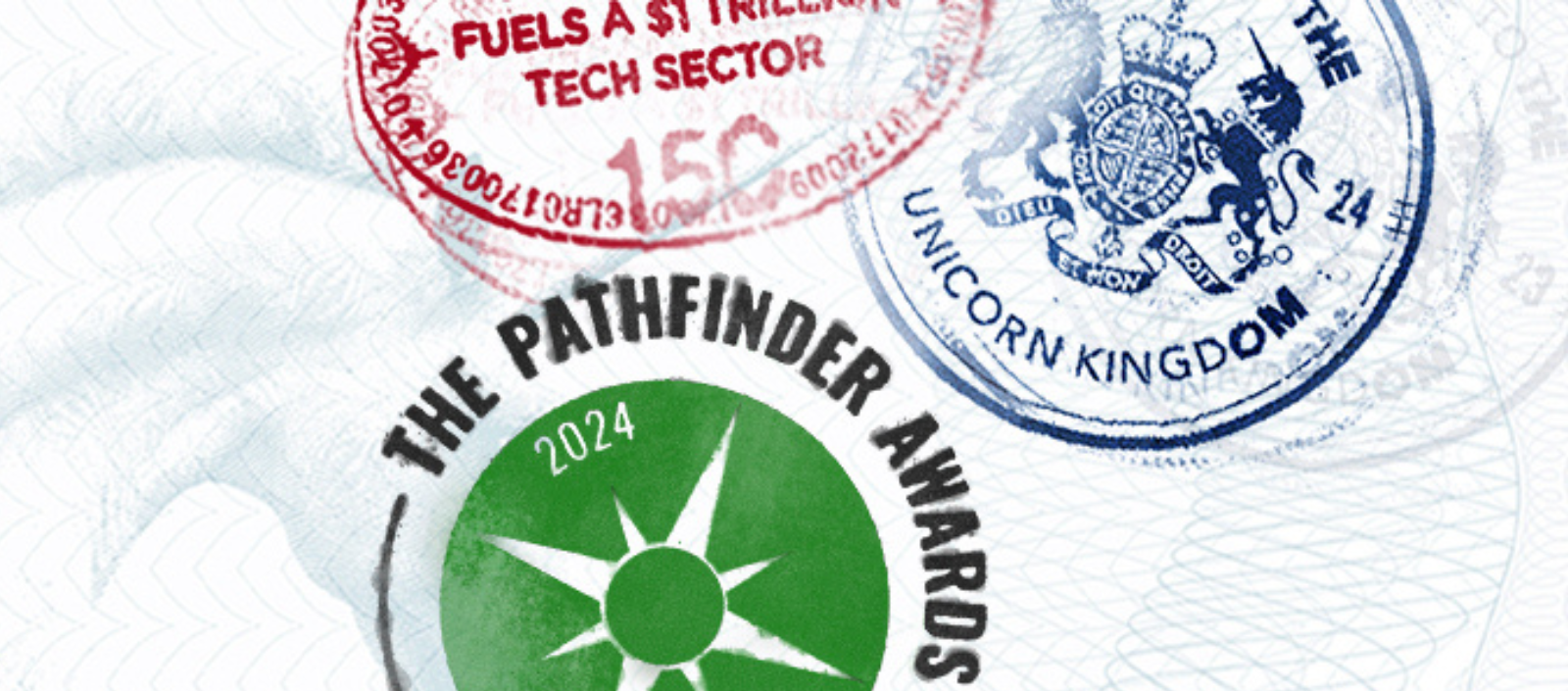Will Google, Netflix and others have to participate in the financing of telecommunications networks? The European Commission is considering a “fair contribution” from the digital giants, the main consumers of bandwidth, a “legitimate” debate according to the ARCEP president.
“The debate on Gafam’s responsibility for the increase in network traffic seems legitimate to me. Some defend that only the clients of the operators would be responsible, because it is only them who decide how to use their internet access, ”he said on Wednesday. Laure de La Raudière, President of the Regulatory Authority for Electronic Communications, Mail and Press Distribution (ARCEP). “But it is also forgetting that the economic model of these large content providers is based on the attention economy, generating more and more video streams (…) more and more bandwidth consumption,” she added. “Holding these actors responsible for the continuous increase in the volume of data on the Internet seems interesting to me, in particular because of the impact of this data on the environment,” she also estimated. Following the adoption of the draft European regulation on digital services and markets (“Digital Services Act”, DSA; “Digital Markets Act”, DMA), “it is now one of the main projects in our digital space”, warned European Commissioner Thierry . Breton last May. The European Commission announced “a broad consultation on the subject” at the beginning of 2023, Arcep “will contribute” to the reflection, announced its president.
According to Etno, the European telecoms lobby, the web giants alone accounted for 55% of online traffic last year, while operators have invested more than €500 billion in the last ten years in the development of national networks. “The operators are already paid by their clients,” replied the vice president of the CCIA, which represents the information and communication technology industries, of which the “Gafam” are members. The European associations for the defense of “digital rights” are also concerned about a possible impact on the principle of equal treatment and access to online content, known as “net neutrality”. In September 2020, the Court of Justice of the EU ruled that an access provider cannot favor certain applications or certain services by granting them unlimited access, when competing services are subject to blocking or slowdown.

“Total social media fan. Travel maven. Evil coffee nerd. Extreme zombie specialist. Wannabe baconaholic. Organizer.”







